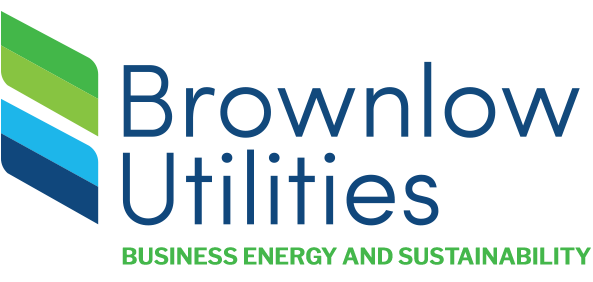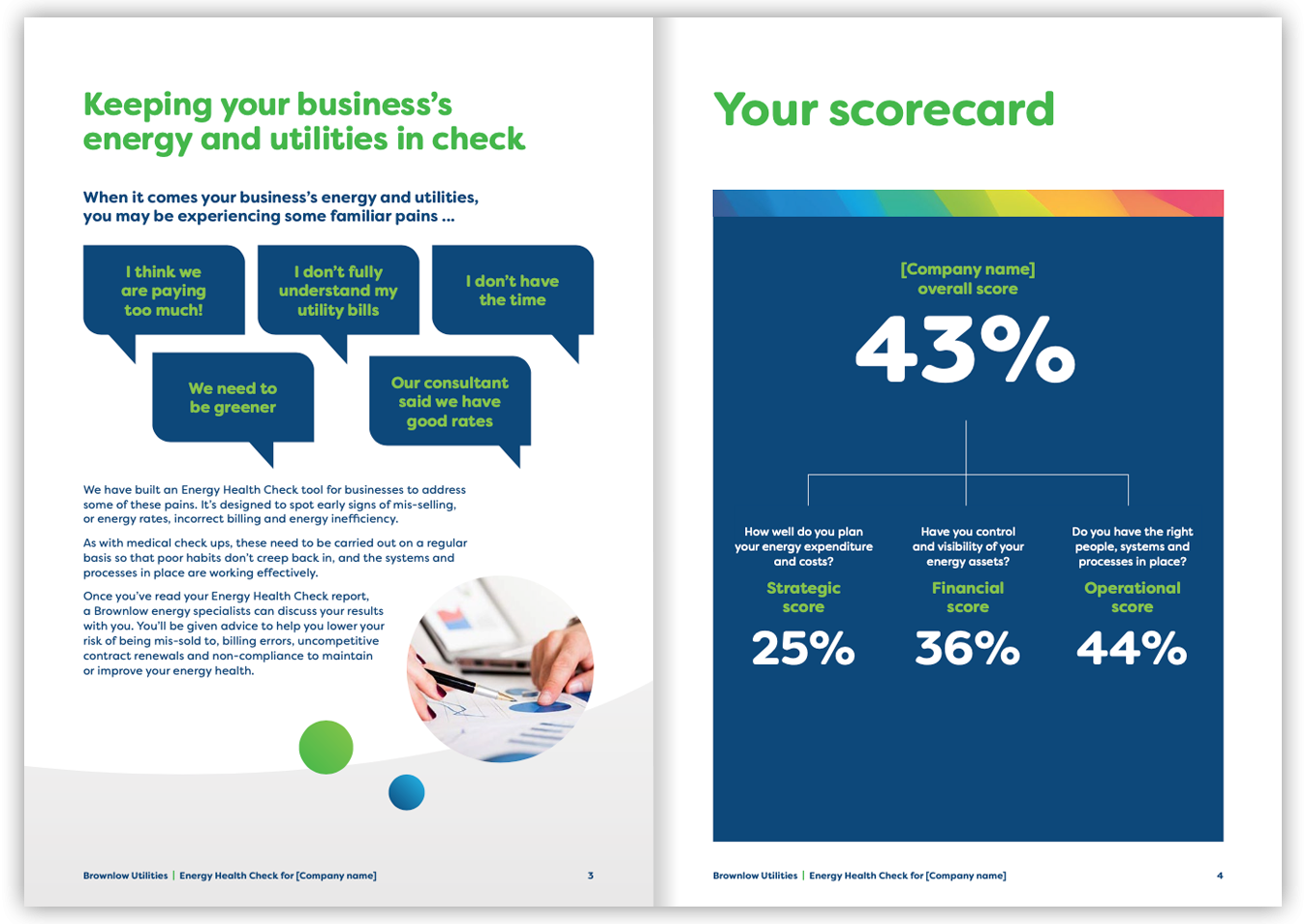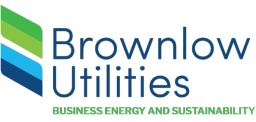Non-commodity energy costs | Q1 2024
Ellie Edwardson
28th March 2024
What are non-commodity energy charges?
Non-commodity energy charges make up the non-energy portion of your bills. These are added costs and taxes to cover the transmission and distribution of energy, overall grid maintenance, and the reduction of businesses carbon footprints.
What affect do non-commodities have on my electricity bill?
With the non-commodity proportion of business electricity bills growing exponentially, these cost elements are coming under increasing scrutiny from market commentators and end-users alike. Government policy has proved the driving force behind these tariff increases is the ever changing legislative energy policy and increasing demands on the National Grid.
The table below shows the proportion of your wholesale energy costs versus these non-energy, commodity costs. It showcases how this has shifted since the energy crisis in 2022 and the growing influence they look set to have in the overall cost for business end-users going users.

Using published rates, inflationary calculations and forward-looking estimates, the table below provides a guide to estimate your future electricity costs, with forward-curve wholesale commodity costs at their current level as of 13 March 2024. *Please note that the below figures provide mere cost indication and should only be referred to as such.

Helpful Advice: fixed vs flex energy contract options
All types of energy contracts will have non-commodity charges, however in fixed contracts these are often grouped together with the energy unit rate and a range of premium charges. The fixed, contract price you see includes all of these elements.
Opting for a flexible energy contract option can mean these non commodities are treated as 'pass-through', meaning they are separate from your energy price. This means that you can secure these non-commodity charges at lower prices, without any premium charges.
So, while fixed energy contracts are commonly chosen for their stability and budget certainty, under the guidance of an experienced energy consultant, a flexible contract may prove to be a more cost-effective purchasing solution for your business.
Give us a call if you would like to discuss your energy purchasing options further.



